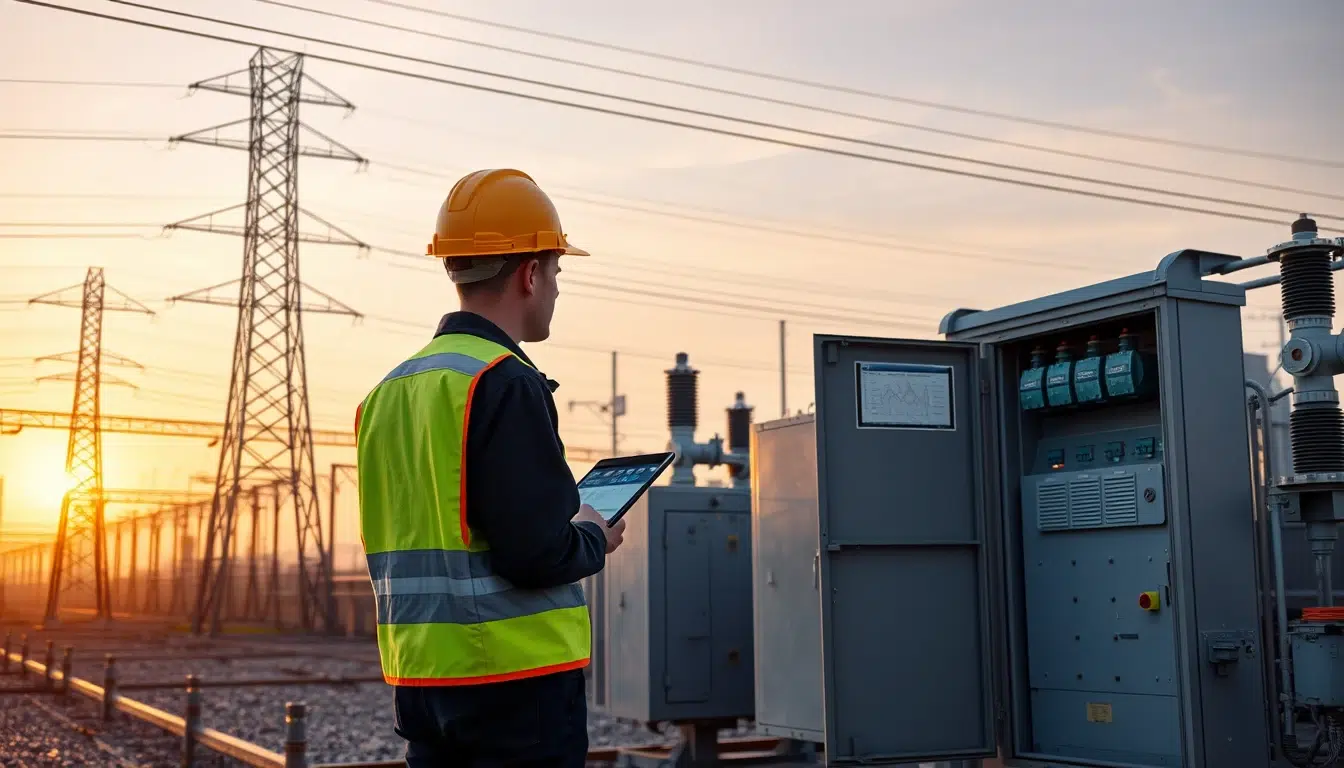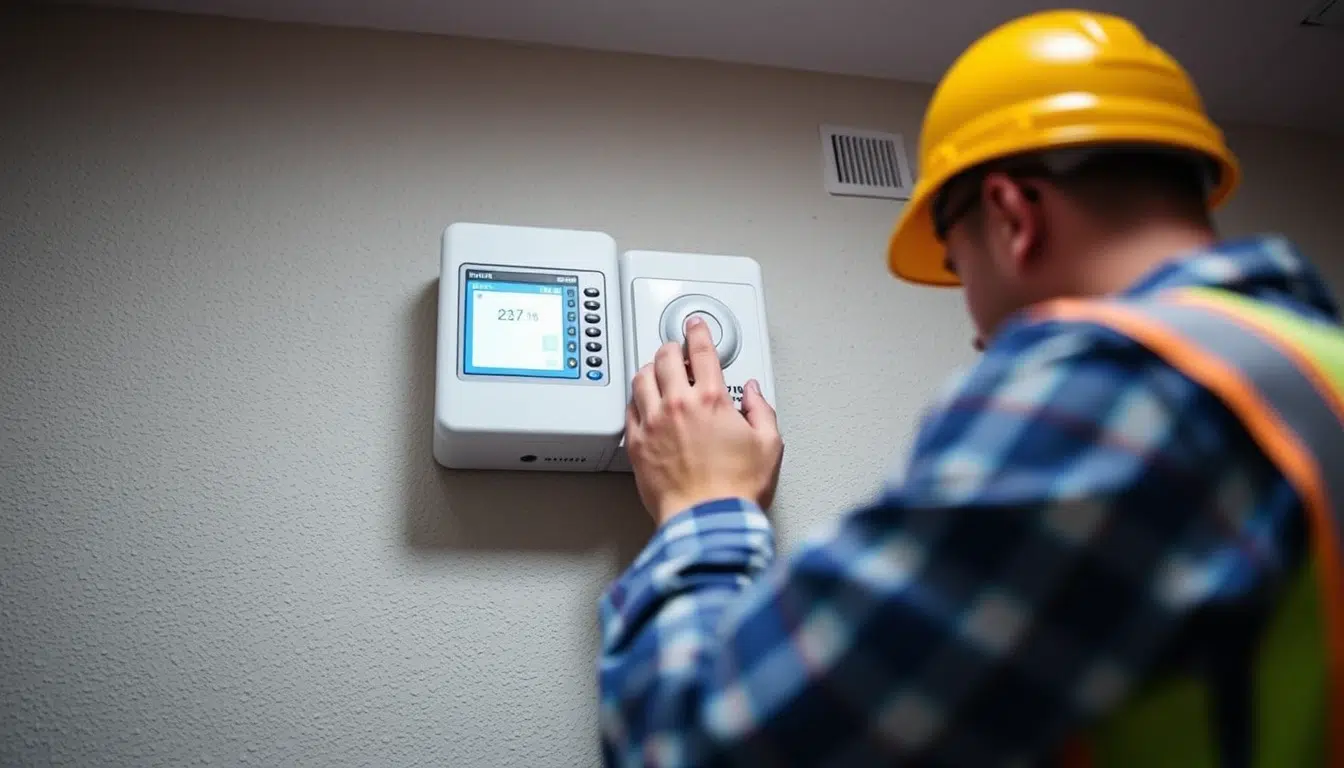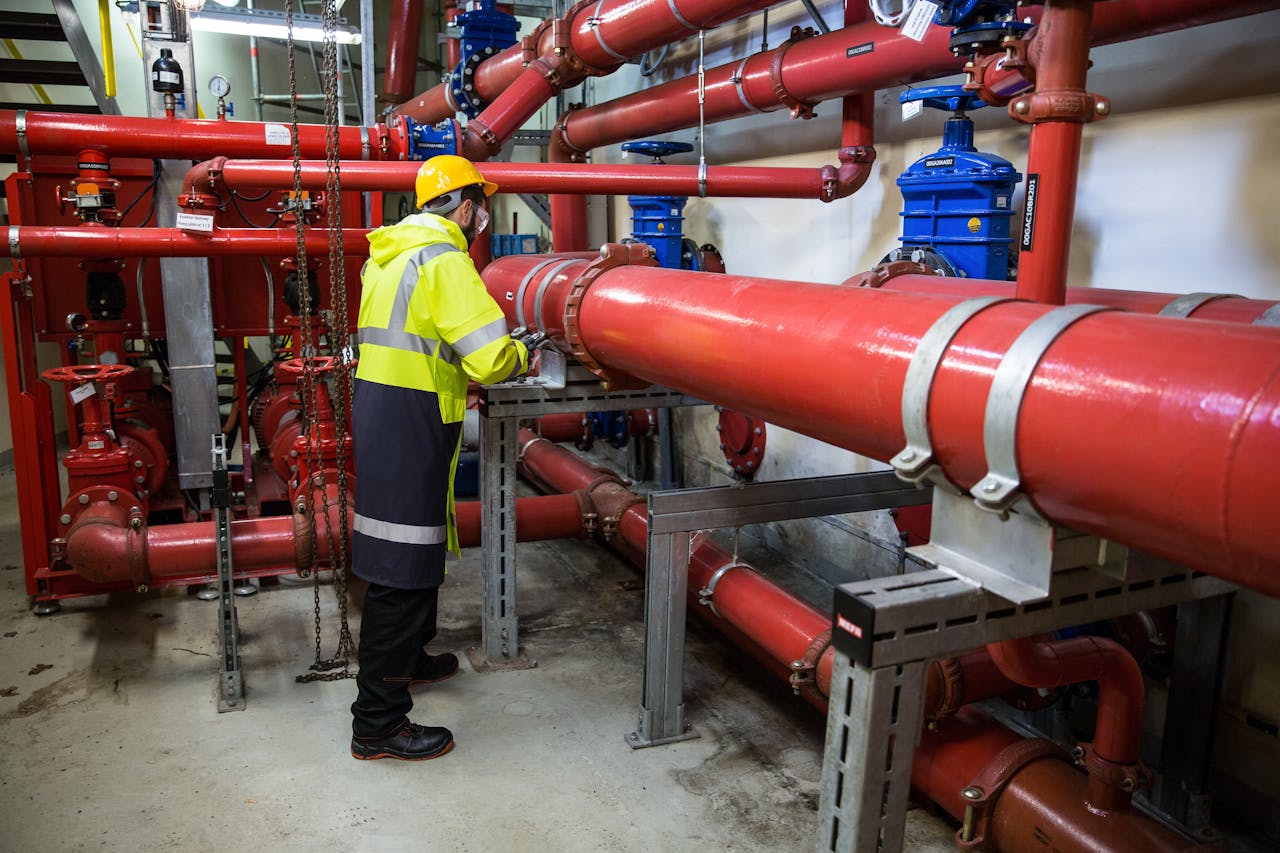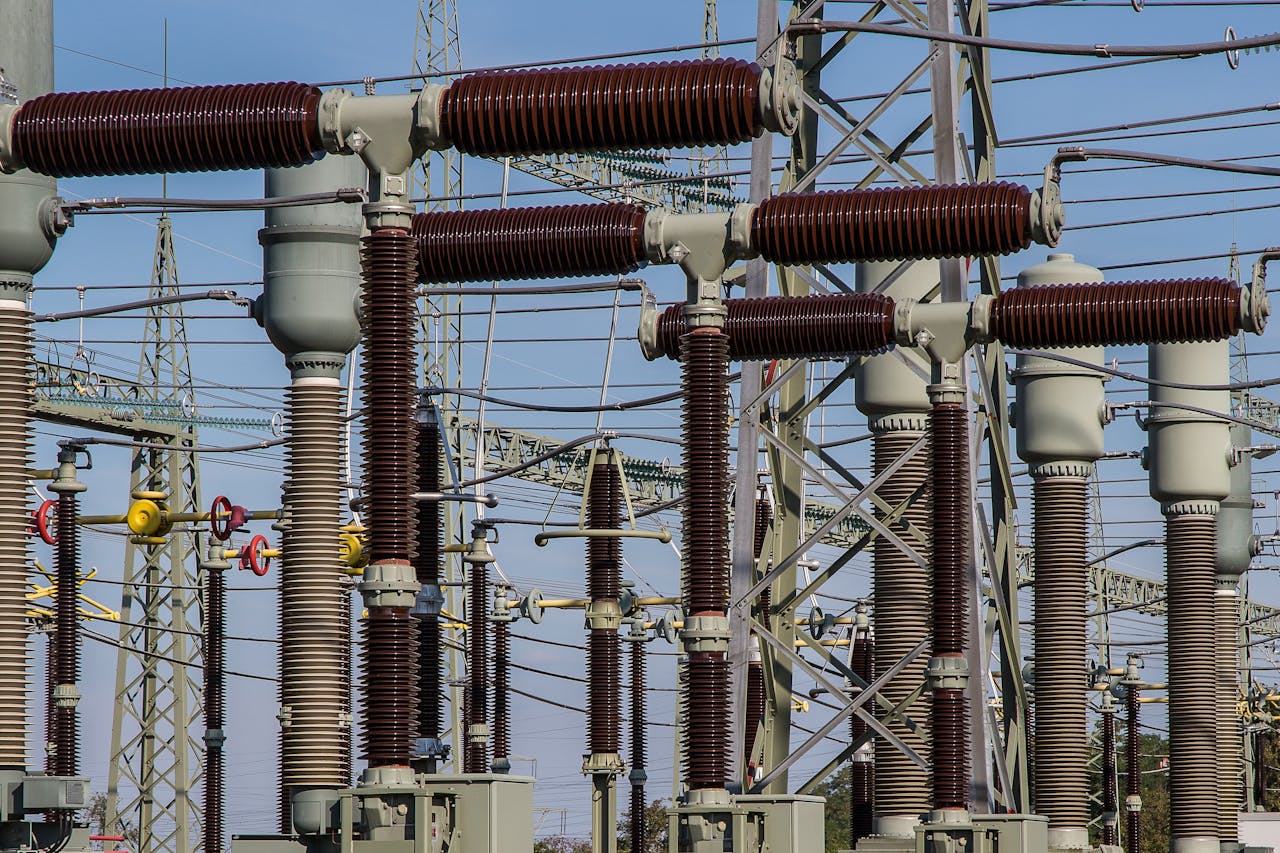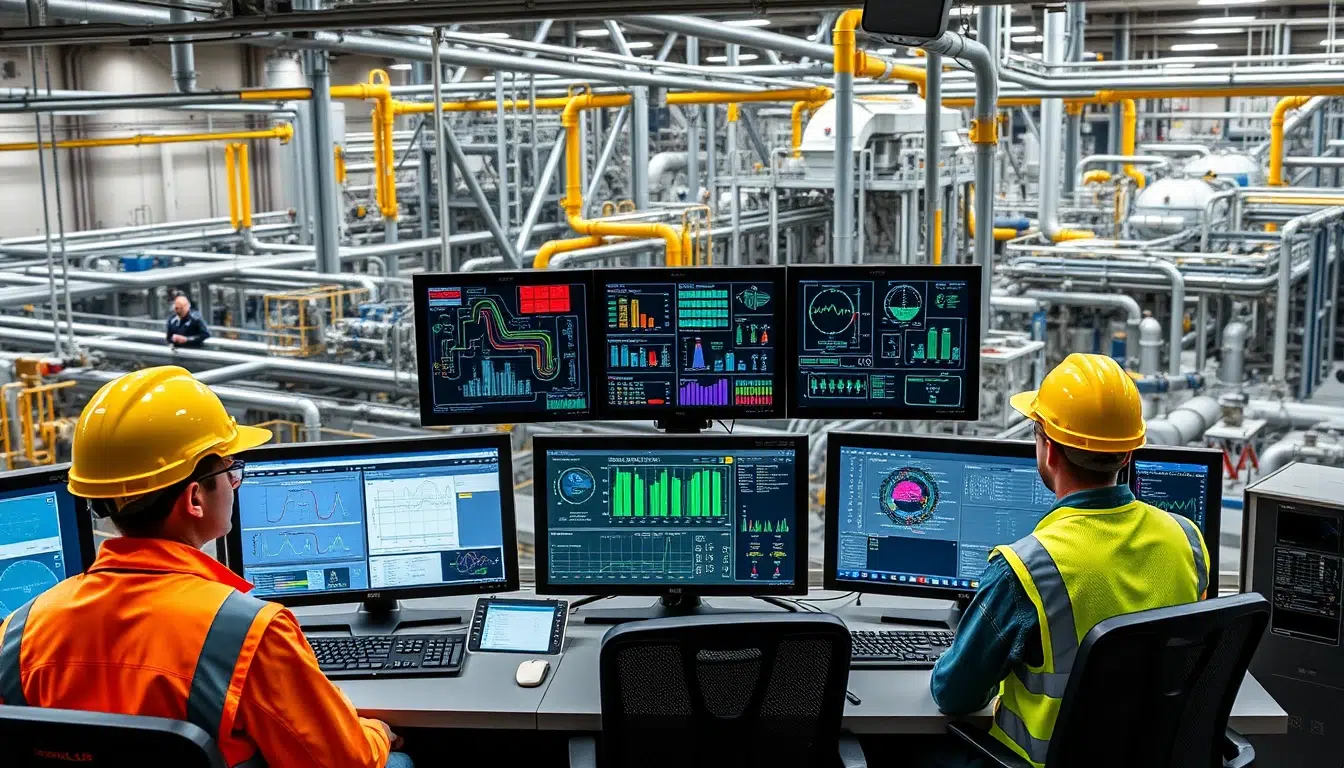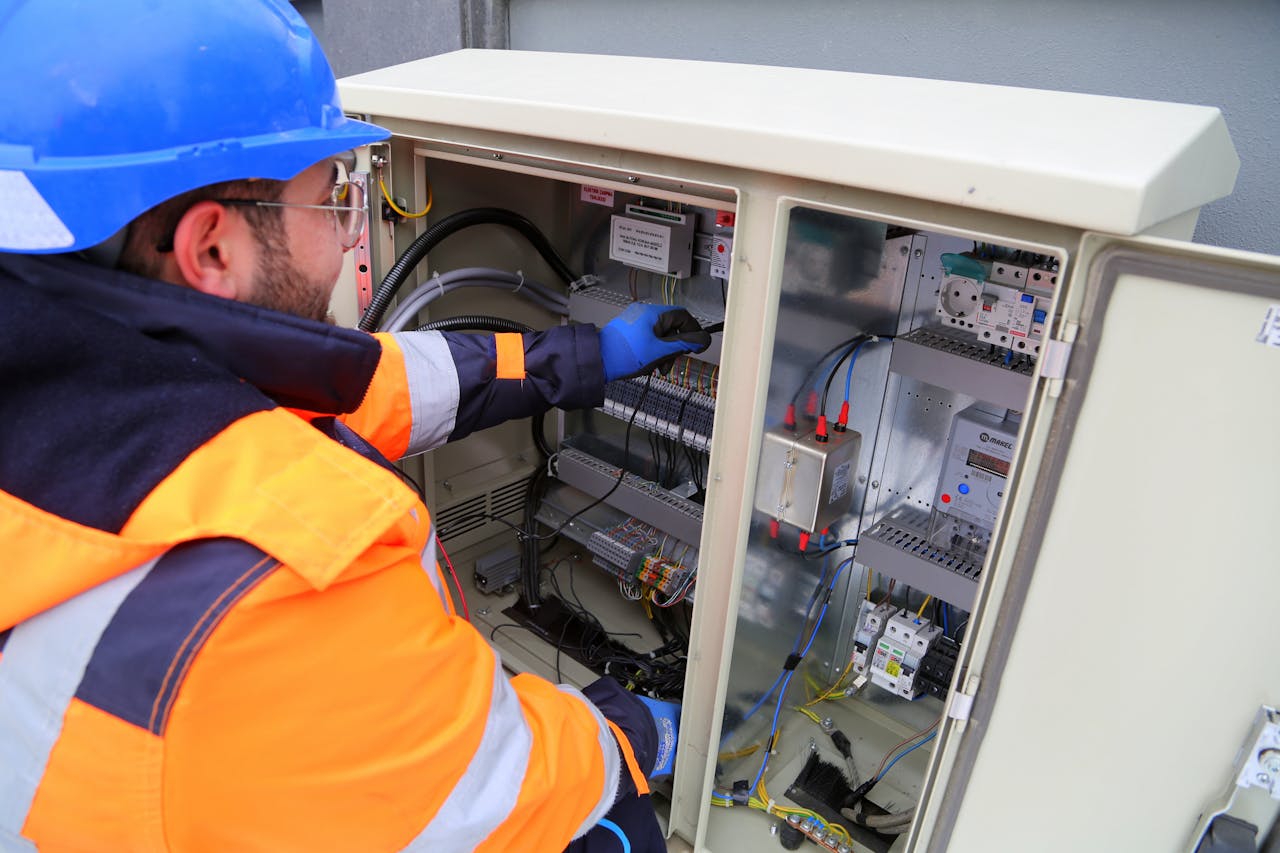Masterclass in Renewable Energy Engineering

| Date | Format | Duration | Fees (USD) | Register |
|---|---|---|---|---|
| 10 Nov - 14 Nov, 2025 | Live Online | 5 Days | $3785 | Register → |
| 08 Dec - 19 Dec, 2025 | Live Online | 10 Days | $7735 | Register → |
| Date | Venue | Duration | Fees (USD) | Register |
|---|---|---|---|---|
| 17 Nov - 21 Nov, 2025 | London | 5 Days | $6305 | Register → |
| 15 Dec - 19 Dec, 2025 | Boston | 5 Days | $6835 | Register → |
Did you know that integrating renewable energy sources into the grid can reduce greenhouse gas emissions by up to 80% compared to traditional fossil fuel-based power generation, making renewable energy engineering a critical component of sustainable energy strategies?
Course Overview
The Masterclass in Renewable Energy Engineering by Alpha Learning Centre is meticulously designed to equip professionals with essential skills in advanced renewable energy technologies, system design, and integration. This course focuses on how professionals can effectively implement energy efficiency measures, navigate economic and regulatory aspects, and manage renewable energy projects to ensure comprehensive sustainability in modern energy systems.
Why Select This Training Course?
Selecting this Renewable Energy Engineering Course offers numerous advantages for professionals involved in sustainable energy solutions. Participants will gain advanced knowledge of solar photovoltaic systems, wind energy systems, and hydroelectric power. The course provides hands-on experience with industry-standard simulation tools and real-world case studies, enabling attendees to optimise their renewable energy strategies effectively.
For organisations, investing in this training enhances overall sustainability and ensures better integration of renewable energy sources. Research indicates that implementing comprehensive renewable energy frameworks results in enhanced ability to reduce carbon footprints and improve energy efficiency. According to industry experts, renewable energy systems require careful planning and integration to ensure grid stability and reliability, with smart grid technologies playing a crucial role in managing high renewable penetration.
For individuals who complete this course, will benefit from enhanced career prospects as they become more valuable assets in their respective fields. Studies indicate that professionals with renewable energy expertise can significantly improve their career trajectory as the field requires understanding of both technical implementation and regulatory frameworks, while skills in project management and sustainability are essential for effective renewable energy project execution.
Transform your renewable energy capabilities – Register now for this critical advanced training programme!
Who Should Attend?
This Masterclass in Renewable Energy Engineering is suitable for:
- Renewable Energy Engineers seeking advanced knowledge
- Project Managers in renewable energy projects
- Energy Consultants specializing in green technologies
- Researchers in sustainable energy solutions
- Policy Makers in the energy and environmental sectors
What are the Training Goals?
The aim of this course is to:
- Master advanced renewable energy technologies
- Enhance system design and integration skills
- Implement effective energy efficiency measures
- Understand the economic and regulatory aspects of renewables
- Improve the planning and management of renewable projects
How will this Training Course be Presented?
The Masterclass in Renewable Energy Engineering delivers comprehensive, hands-on training through proven methodologies designed to maximise learning outcomes and practical skill development. Our expert instructors employ the following methods:
- Detailed case studies of renewable installations
- Hands-on workshops on system design and simulation
- Expert talks on policy impacts and technological advancements
- Collaborative problem-solving sessions on real-world scenarios
Each delivery method is carefully integrated to ensure participants gain both theoretical knowledge and practical experience. The course structure promotes active engagement and real-world application, allowing participants to develop crucial analytical and strategic skills within a supportive learning environment.
Join us to experience this dynamic and effective learning approach – Register now to secure your place!
Course Syllabus
Module 1: Solar Photovoltaic Systems
- PV cell technologies and performance
- Design of solar PV installations
- Integration with grid systems
- Inverter technology and MPPT algorithms
- Shading analysis and mitigation
- Performance monitoring and diagnostics
- Lifecycle management and decommissioning of PV systems
Module 2: Wind Energy Systems
- Wind turbine mechanics and aerodynamics
- Site selection and wind resource assessment
- Turbine control systems for efficiency
- Offshore wind farm engineering
- Noise and visual impact mitigation
- Grid integration challenges of wind power
- Maintenance strategies for wind turbines
- Environmental considerations in wind energy
- Economic analysis of wind projects
Module 3: Hydroelectric Power
- Types of hydroelectric systems
- Hydro turbine selection and design
- Environmental impact and fish passage solutions
- Run-of-river vs. storage systems
- Small-scale hydro for rural electrification
- Pump storage for grid stability
- Sediment management in hydropower
- Hydroelectric system efficiency optimization
Module 4: Biomass and Bioenergy
- Biomass feedstock characterization
- Conversion technologies: pyrolysis, gasification
- Biogas production and utilization
- Biofuel production processes
- Waste-to-energy systems
- Energy from waste heat recovery
- Biomass co-firing in traditional power plants
- Sustainability and lifecycle assessment
Module 5: Geothermal Energy
- Geothermal resource exploration techniques
- Geothermal power plant design
- Direct use of geothermal resources
- Enhanced geothermal systems (EGS)
- Geothermal heat pumps for buildings
- Corrosion and scaling management
- Environmental considerations in geothermal
Module 6: Energy Storage Systems
- Battery technologies for renewable integration
- Pumped hydro storage applications
- Thermal energy storage solutions
- Flywheel energy storage
Module 7: Renewable Energy System Integration
- Grid stability with high renewable penetration
- Smart grid technologies for integration
- Microgrids for energy resilience
- Power quality management with renewables
- Demand-side management strategies
Module 8: Renewable Energy Economics
- Cost-benefit analysis of renewable projects
- Financing models for renewable energy
- Tariff structures for renewable electricity
- Market mechanisms for renewable energy
Module 9: Policy, Regulation, and Standards
- International and local renewable energy policies
- Compliance with renewable energy standards
- Incentives and subsidies in renewable energy
- Legal frameworks for renewable project development
- Environmental permitting for renewable projects
Module 10: Renewable Energy Project Management
- Risk management in renewable projects
- Project lifecycle from conception to operation
- Stakeholder engagement in renewable energy
- Quality control in renewable installations
Module 11: Advanced Control and Automation
- Control systems for renewable energy plants
- SCADA applications in renewable energy
- Predictive maintenance using AI
- Optimization of hybrid systems
Module 12: Environmental Impact and Sustainability
- Life Cycle Assessment (LCA) of renewable technologies
- Carbon footprint reduction through renewables
- Biodiversity conservation in energy projects
- Sustainable practices in renewable energy
Module 13: Innovations in Renewable Technologies
- Emerging technologies in solar and wind
- Tidal and wave energy systems
- Floating solar and wind installations
- Hybrid renewable energy systems
Module 14: Case Studies in Renewable Energy
- Analysis of successful renewable energy projects
- Lessons from renewable energy failures
- Adapting strategies from global implementations
Training Impact
The impact of renewable energy engineering training is evident through various real-world case studies and data, which demonstrate the effectiveness of structured programmes in enhancing sustainability and energy efficiency.
Research indicates that professionals with strong renewable energy skills can significantly improve operational outcomes. According to industry experts, modern renewable energy systems face increasing challenges including integration with existing grids, energy storage, and policy compliance. The effective management of these systems requires a comprehensive understanding of both technical and economic aspects, including energy storage solutions, grid stability, and regulatory frameworks.
These case studies highlight the tangible benefits of implementing advanced renewable energy techniques:
- Improved energy efficiency through optimized system design
- Enhanced grid stability with high renewable penetration
- Increased sustainability through reduced carbon footprints
- Strengthened regulatory compliance and project management
By investing in this advanced training, organisations can expect to see:
- Significant improvement in renewable energy integration
- Improved ability to handle complex sustainability challenges
- Enhanced decision-making capabilities in energy policy
- Increased competitiveness through comprehensive renewable energy strategies
Transform your career and organisational performance – Enrol now to master Renewable Energy Engineering!


